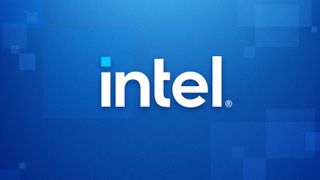Intel's proposed acquisition of Tower Semiconductor has been approved by regulators across the world except in China, which is why the deal has not closed nearly 19 months after its announcement in mid-February of 2022. The deadline for Intel to close the deal after another extension is tomorrow, August 15, 2023, but the two companies cannot close it without approval from China. Meanwhile, it is unclear whether the companies will extend the closure period and refile with other regulators.
When Intel originally announced plans to take over Tower Semiconductor, it said that it would close the transaction in 12 months, by mid-February, 2023. But because China's State Administration for Market Regulation (SAMR) had not approved the deal, the companies extended the acquisition period until mid-June and then extended it again to August 15. So far, SAMR has not formally greenlit the transaction and if it does not OK it by tomorrow, Intel and Tower will either have to extend the closure period one more time, or call the deal off.
Pat Gelsinger, chief executive of Intel, recently flew to China in a bid to convince Chinese regulators to approve the deal, but the outcome is currently unknown. Since the Chinese semiconductor sector is suffering from major sanctions from the U.S. government, China's government is not really inclined to support Intel's plan to acquire Tower and its dozens of customers and mature fabrication processes. Tower competes against China-based contract chipmakers, such as SMIC and Hua Hong, whereas Intel Foundry Services (IFS) division is barely competing against these foundries. Yet, once Tower becomes a part of Intel, the new entity would be a formidable rival for Chinese chipmakers.
To that end, SAMR is slowing down approval of the deal, even though it does not create a monopoly of any kind. In theory, companies can agree to extend the closure period of an acquisition for as long as they mutually decide. However, in practice, there are several factors that limit the feasibility of indefinitely extending the closure period.
For example, in many jurisdictions, regulatory bodies approve mergers and acquisitions for certain periods. If companies keep extending the closure period, it might raise red flags or lead to additional scrutiny. It is possible that to prolong the closure periods, Intel and Tower will have to refile their proposals with regulators in the USA or Europe if the transaction is not approved in China by August 15.
Intel has one day left to close the Tower Semiconductor acquisition, extend the closure period, or cancel plans to take over the contract maker of chips.


